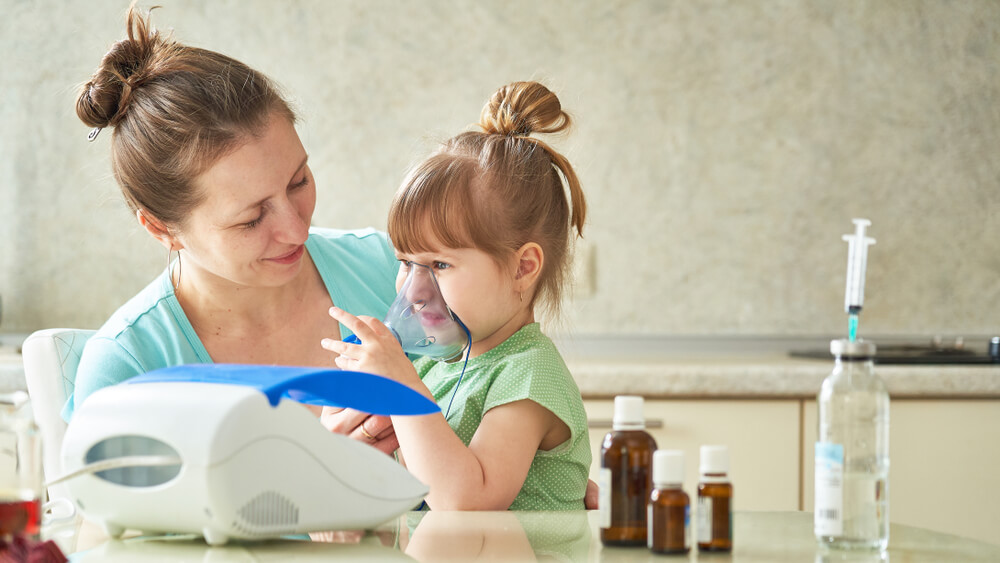Infant Breathlessness Rapid Breathing and Grunting Birth Disorder Symptom
Rapid breathing or breathlessness can be experienced by any age group, but it becomes especially serious when it happens in infants. The actual term for this condition is called dyspnea, or difficulty breathing. While adults have the ability to communicate when they have this problem, an infant cannot do so. Sometimes, tightening in the chest or suffocation is experienced. It is important to be proactive as a parent because if your baby appears to be breathing abnormally, it can become very dangerous very quickly.

Group B Strep Infection
In some cases, a mother might be carrying what is known as a Group B Strep Infection. They can unknowingly pass this onto their child during the process of delivery. Towards the end of the pregnancy, doctors have a responsibility to the mother to check for this condition. In some cases, Group B Strep Infection status is not checked or the proper antibiotic is not given; and this can lead to a birth complication and the infant may experience abnormal breathing. If your child was born with this disorder due to doctor negligence, you may be able to file a lawsuit. You may also hear baby grunting sounds. In terms of symptoms, breathlessness is one of many that define Group B Strep Infection. Some other common symptoms include bluish skin, stiffness, limpness, seizures, and abnormal blood pressure.
Cystic Fibrosis
Breathlessness relates to the lungs. If you were to classify cystic fibrosis, you would also categorize it as a disorder that affects the lungs. When your child has this condition, increased sweat and mucus are produced. The dangers of this condition are that the lungs, glands, and digestive tract could be clogged. As a result, your child may have severe constipation or poor weight gain.
Folate-Deficiency Anemia
When your child has folate-deficiency anemia, there is a decreased amount of folic acid in the bloodstream. You might never suspect that this condition could cause an infant’s rapid breathing, but you should heed the warning. Healthcare providers have found that this condition does occasionally accompany breathlessness. Some of the other symptoms that your child might have include:
- Palpitations
- Lethargy
- Paleness
- Fatigue
Leading to Hypoxia or Anoxia
In some cases, your child could develop a serious condition known as hypoxia. It may even be as severe as anoxia, which is a condition in which your child has a complete absence of oxygen. This is a serious condition and can lead to another severe condition known as cerebral palsy. A doctor will need to assist your child immediately with breathing, in order to prevent brain damage from occurring.
It is essential to treat abnormal breathing as soon as possible. This condition is often a symptom of a more serious condition that should be diagnosed and treated quickly. It is important to stay vigilant for anything that can go wrong with the health of your child.
